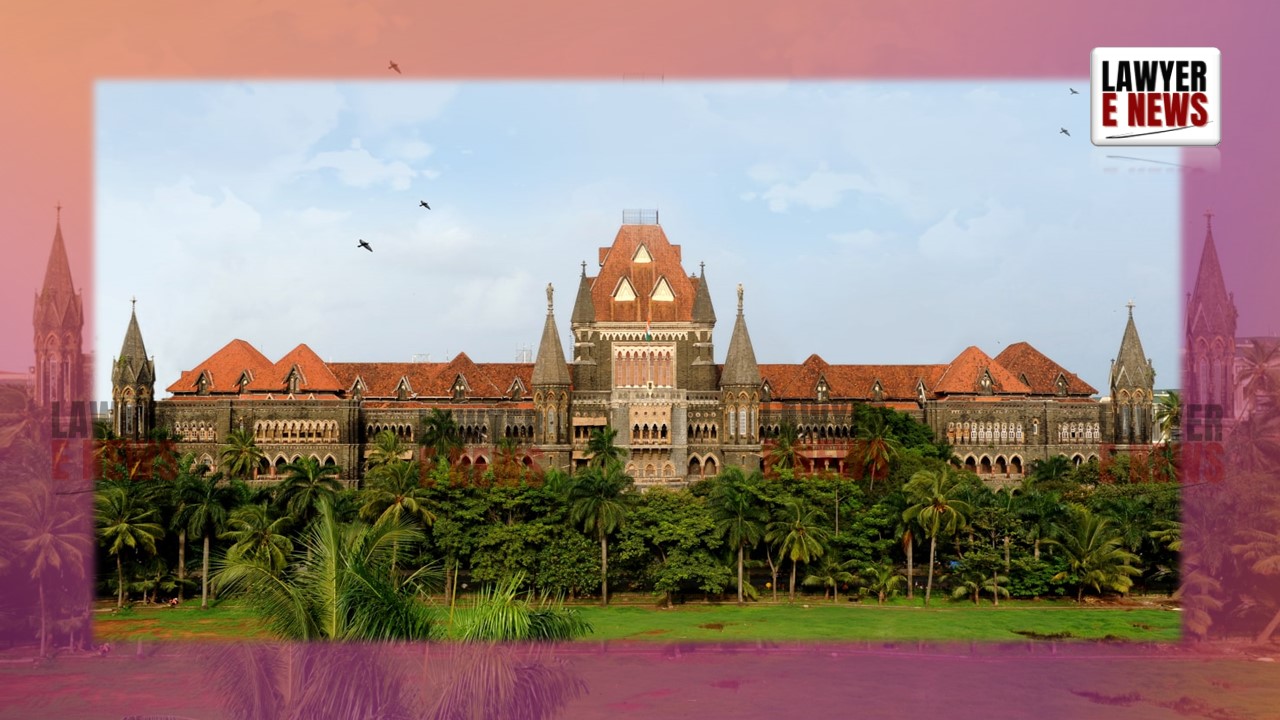-
by Admin
15 February 2026 2:36 AM



Today, 02 Jan. 25, Bombay High Court upheld the acquittal of Shivaji Jaisingrao Patil, who had been charged under Sections 7, 13(1)(d), and 13(2) of the Prevention of Corruption Act, 1988. The Court found significant procedural lapses, including a flawed sanction order and uncorroborated evidence, rendering the prosecution’s case untenable.
The case originated in 2001 when Shivaji Patil, an Extension Officer at the Panchayat Samiti Kurduwadi, was accused of demanding a bribe of ₹25,000 from the complainant, Assistant Junior Engineer Maruti Padule. The bribe was allegedly sought for issuing a Completion Certificate essential for Padule’s salary clearance. A complaint was filed with the Anti-Corruption Bureau (ACB), leading to a trap operation.
The Court emphasized that a sanction for prosecution must be granted with due diligence and consideration of relevant material. The sanctioning authority admitted in cross-examination that it did not review critical documents, including the complainant's work files. Justice Milind N. Jadhav noted:
“Sanctioning authority must demonstrate an independent application of mind. Mechanical approval of pre-drafted sanction orders undermines the credibility of the prosecution.”
The Court highlighted discrepancies in the trap operation and post-trap panchnama. The complainant claimed to have paid ₹5,000 to the accused, yet the panchanama failed to account for changes in the complainant’s cash reserves after the alleged bribe payment. The judgment remarked:
“Evidence of panch witnesses and ACB officers raises doubts about the prosecution's narrative.”
Defense witnesses presented evidence that the complainant never joined the office he claimed to have worked in, undermining the basis for the bribe demand. Justice Jadhav observed:
“The complainant’s motive appears malicious, with evidence indicating attempts to frame the accused.”
The defense established that Patil was on sanctioned leave during significant dates when the bribe demands were allegedly made. Additionally, the defense argued that the ₹5,000 received was related to ticket sales for a charity event, not a bribe.
The High Court concluded that the prosecution failed to establish guilt beyond a reasonable doubt, acquitting Shivaji Patil. The judgment reiterated the importance of adhering to procedural rigor in corruption cases to prevent malicious prosecutions.
• Application of Mind by Sanctioning Authorities: The Court highlighted that sanction orders must reflect independent and thorough consideration of facts.
• Prosecution's Burden of Proof: The case underscored the need for corroborated evidence to substantiate allegations, particularly in bribery cases.
• Defendant’s Right to a Fair Trial: The Court emphasized the necessity of a robust defense to counter malicious accusations.
Date of Decision: January2,2025
